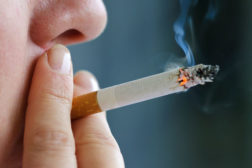Home » productivity
Articles Tagged with ''productivity''
Disabilities and bullying in the workplace
Nearly three-quarters of workers are aware of bullying going on at work
December 22, 2017
Seven life lessons for safety & beyond
Evidence-based principles for improving human well-being
September 20, 2017
Become a Leader in Safety Culture
Build your knowledge with ISHN, covering key safety, health and industrial hygiene news, products, and trends.
JOIN TODAYCopyright ©2024. All Rights Reserved BNP Media.
Design, CMS, Hosting & Web Development :: ePublishing









